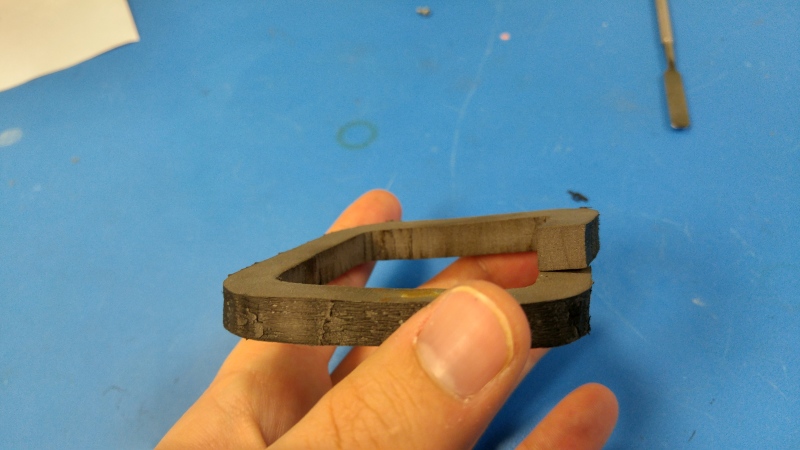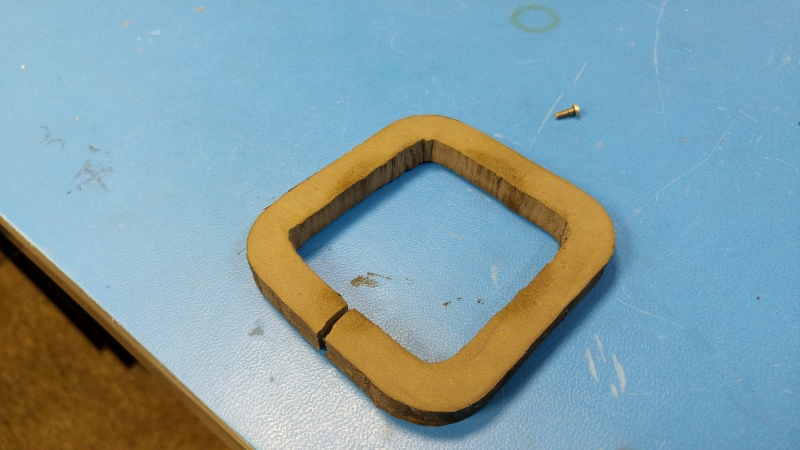Hello,
i have a customer that has indicated he liked a specific type of foam for this product. however, he neither knows what type of foam it is, nor where it came from. I have not come across this specific type of foam before, and i cannot figure out what kind it is? has anyone seen this type of foam before? i did measure the Shore A durometer to be around 35-40 if that helps at all. it is a firm foam, and acts more like a solid/rubber than a foam, except it permanently deforms from my durometer tester, but not from squeezing it with my fingers. it also has that high scratchy sound that sounds like a polystyrene type foam. Does anybody know what type of foam this is? or even a better way or place to look for different types of foams to check my sample against? Thanks


i have a customer that has indicated he liked a specific type of foam for this product. however, he neither knows what type of foam it is, nor where it came from. I have not come across this specific type of foam before, and i cannot figure out what kind it is? has anyone seen this type of foam before? i did measure the Shore A durometer to be around 35-40 if that helps at all. it is a firm foam, and acts more like a solid/rubber than a foam, except it permanently deforms from my durometer tester, but not from squeezing it with my fingers. it also has that high scratchy sound that sounds like a polystyrene type foam. Does anybody know what type of foam this is? or even a better way or place to look for different types of foams to check my sample against? Thanks


